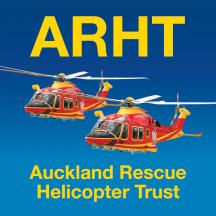Asset Finance | What is a GSA
Date
26 April 2016
Share

A General Security Agreement, or GSA, is a form of security often used to secure commercial loans or credit arrangements. It is typically used when a company is borrowing money – the lender holds security over the assets of the borrowing company.
In New Zealand, GSAs underpin most business lending and overdrafts.
The lender will register the GSA on the Personal Property Securities Register. More than one GSA can be registered by funders, suppliers and customers.
In the case of multiple GSAs being registered, a deed of priority must be negotiated between the parties to determine who gets first dibs in the event of the borrower defaulting on their loan. The deed of priority also allows secured parties to limit each other’s priority to an agreed maximum amount.
To avoid defaulting on your GSA you must ensure you do not breach the obligations of the agreement. Notable obligations in the Auckland District Law Society GSA include:
- The obvious (but sometimes overlooked) obligation to pay your debt
- You can’t allow anyone else to take security over any already secured property without the secured party’s consent
- You cannot sell, alter or remove improvements to any secured property without the secured party’s consent
- You must not materially change the control of the company involved in a GSA without the secured party’s consent
Many equipment finance transactions will require a GSA as part of the lender’s security for the loan. We provide information to our customers as to the risks associated with the security requested by lenders for any loan or lease advance.
There can be considerable variability in the security required by different lenders, and we will often assist customers to negotiate loans that minimise the risk to their business or to directors and shareholders of the business associated with the security required.
However, we recommend you speak to your lawyer for detailed advice on GSAs or other forms of security.
This newsletter is intended to provide general information on asset finance, equipment and fleet finance, and plant and machinery finance that is general in nature. It should not be taken as a substitute for legal or accounting advice. For more information, speak to your business partner at Finance New Zealand.
Similar Posts
12 January 2026
Asset & Equipment Finance LVRs
Purchasing new vehicles, machinery, or equipment often raises one key question: how much deposit is required? The answer depends on more than just the asset. It comes down to LVRs (Loan to Value Ratio's), structure, and lender, policy & appetite. This article explains how asset and equipment finance LVRs work in New Zealand, and why advice matters.

27 November 2025
The Bottom of the Cycle? What the OCR Cut Means for 2026
Shifting interest rates are reshaping the way businesses finance equipment, vehicles and growth. Understanding these changes can help you make smarter, better-timed funding decisions.


Page Links
Contact us
Finance New Zealand Limited L11 BDO Tower, 19-21 Como Street, Takapuna, Auckland 0622 PO Box 65164, Mairangi Bay 0754 T: (09) 222 0320E: info@financenz.co.nzMember of


Proud Sponsors of Auckland Rescue Helicopter Trust
Copyright Finance New Zealand Ltd 2026



